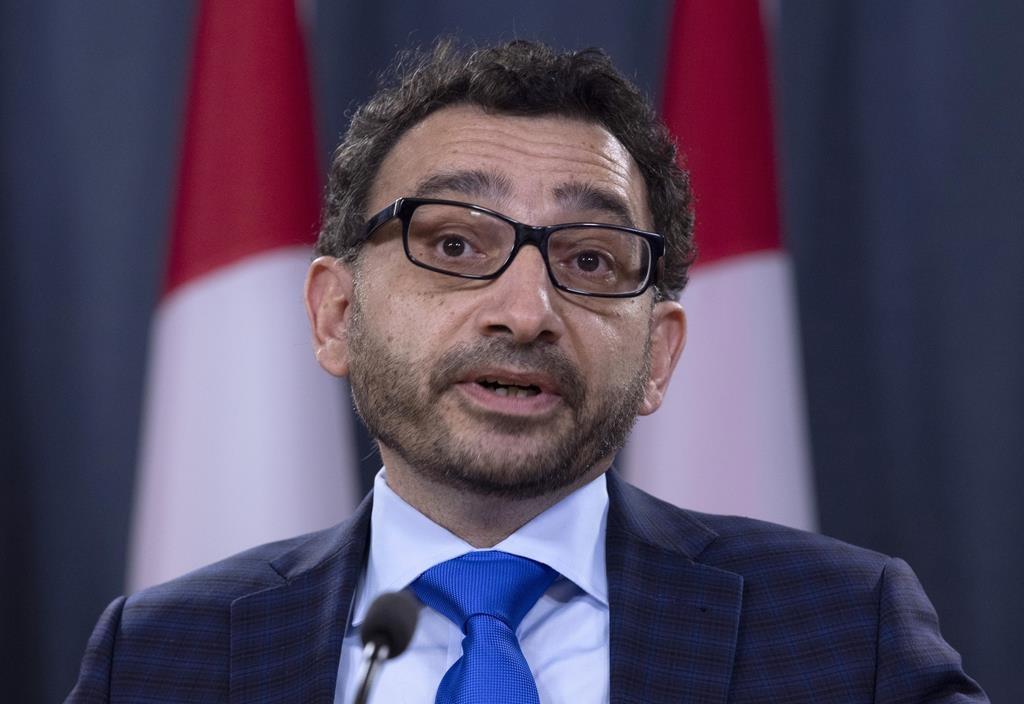Transport Minister Omar Alghabra today responded to a report by Canada’s auditor general saying that the federal government has not taken sufficient steps to improve surveillance of the country’s Arctic waters, which it says are hindering the country’s ability to detect potential threats to the region.
“Our government agrees with the findings and recommendations in the report and will take steps to address them,” Alghabra told reporters on Parliament Hill on Nov. 15. “We are committed to working with our partners to address long-standing gaps in Arctic maritime domain awareness.”





